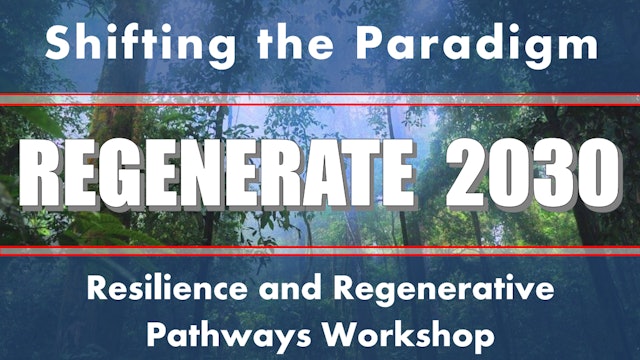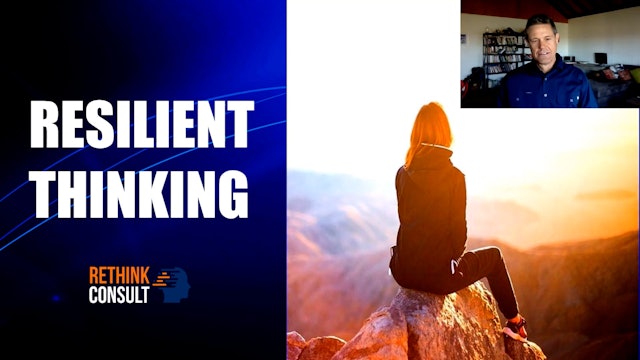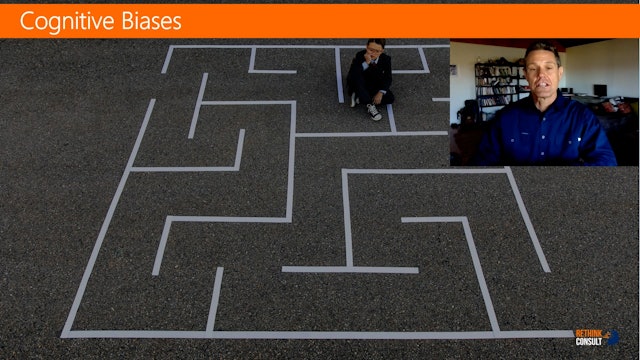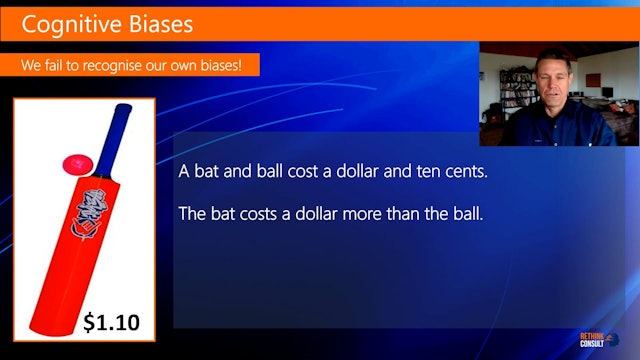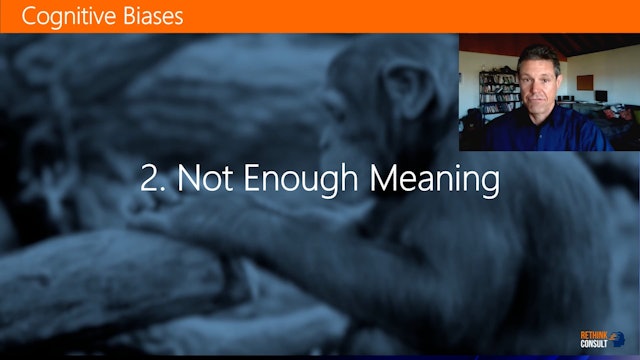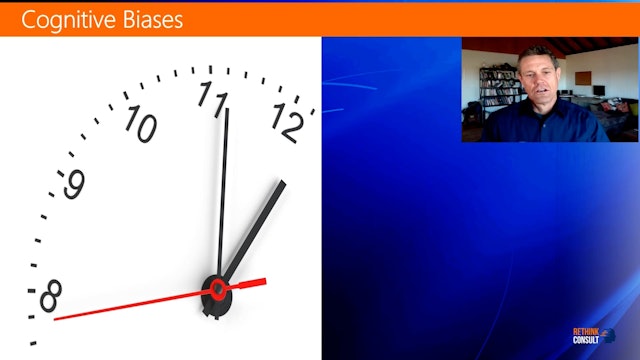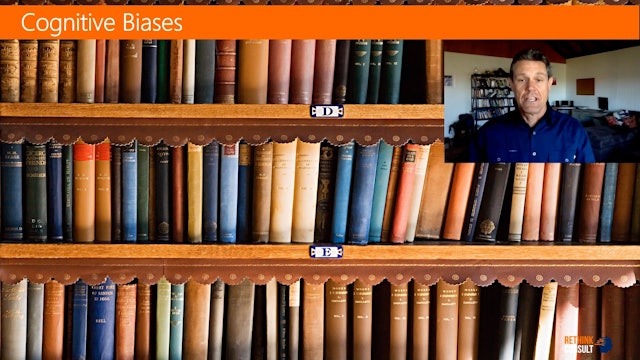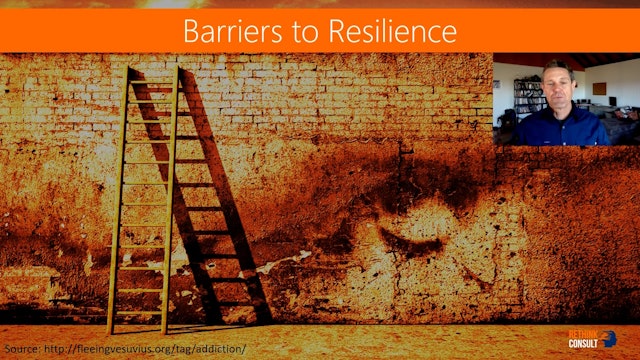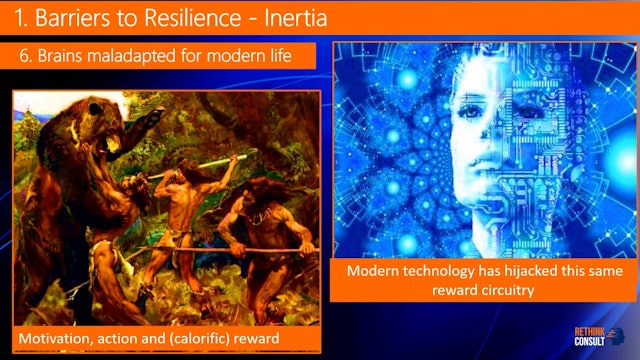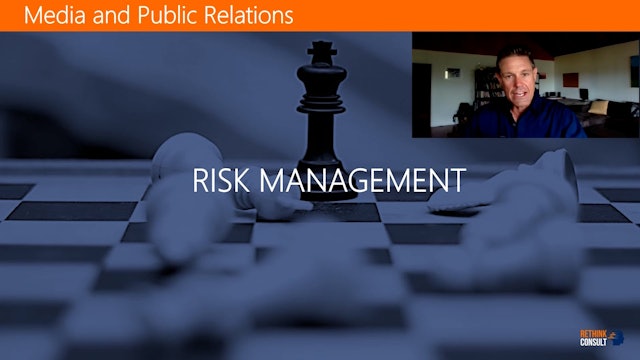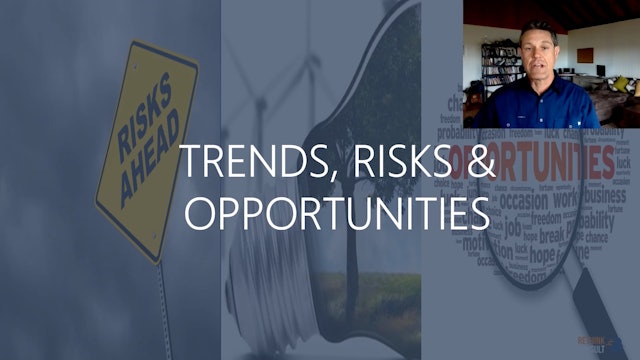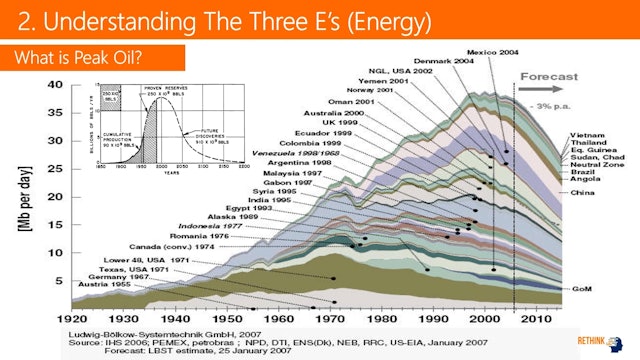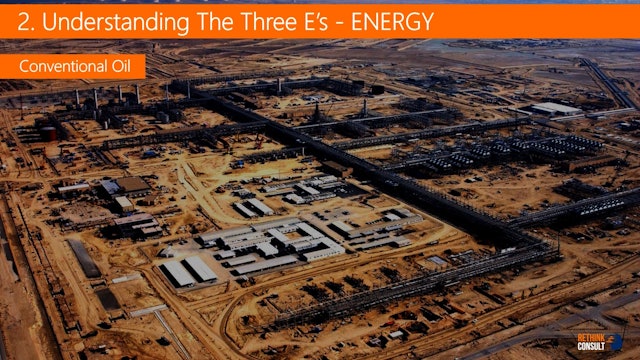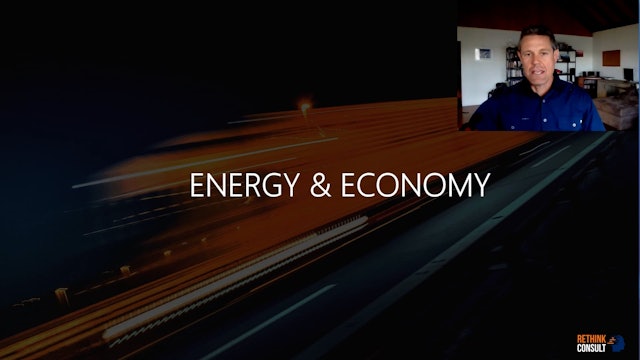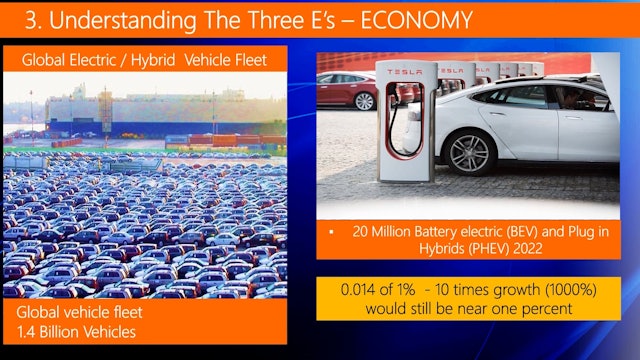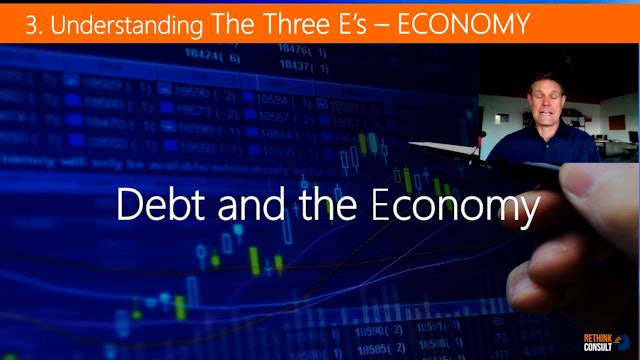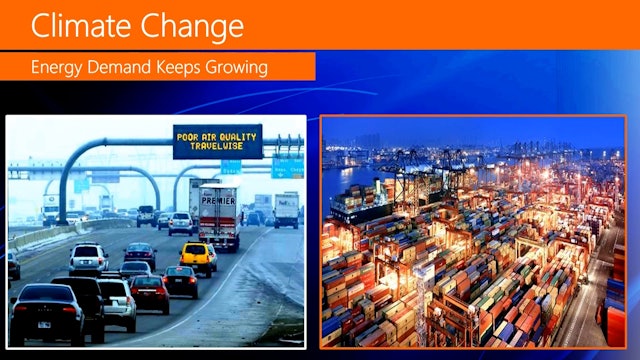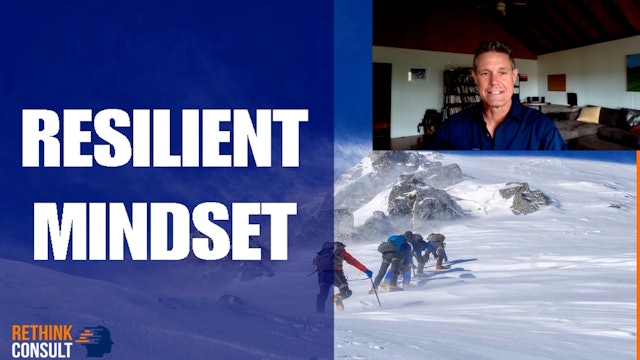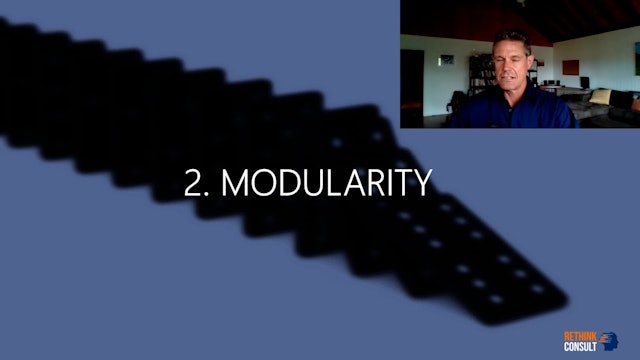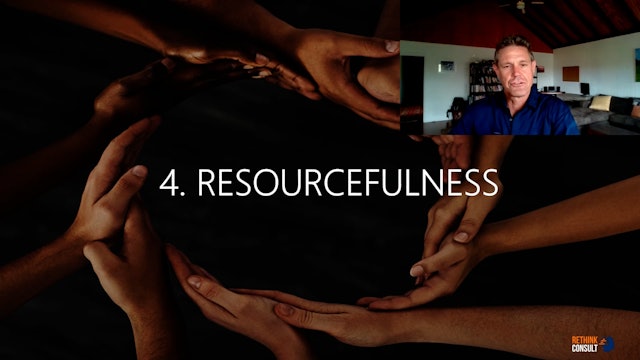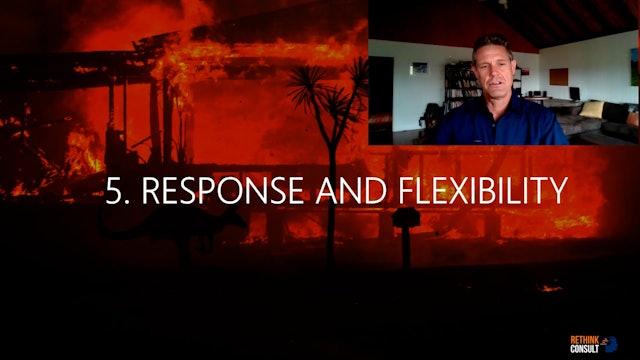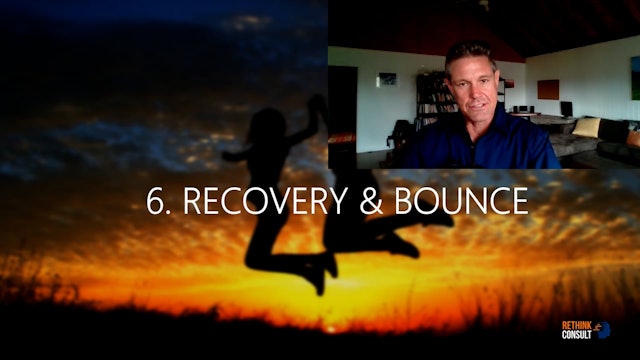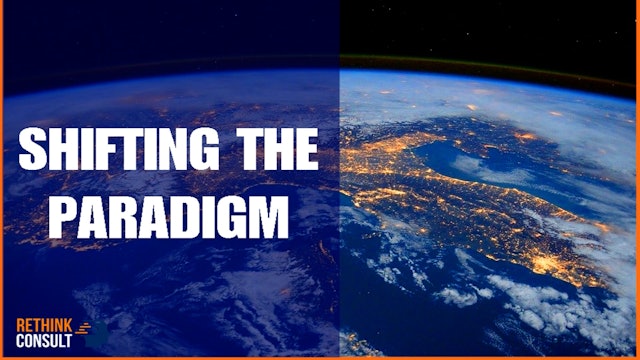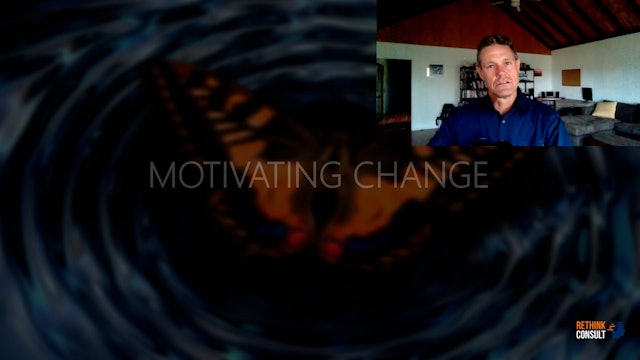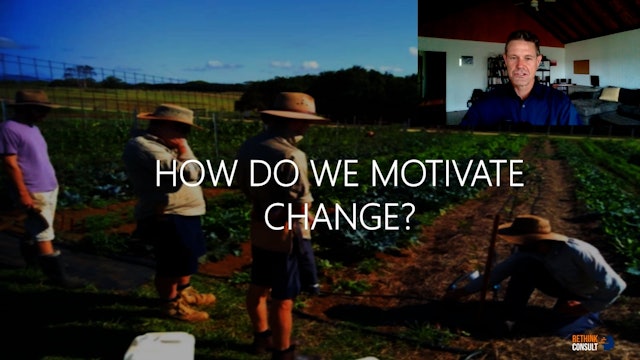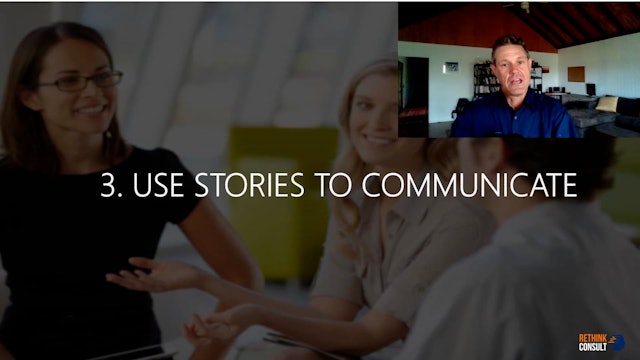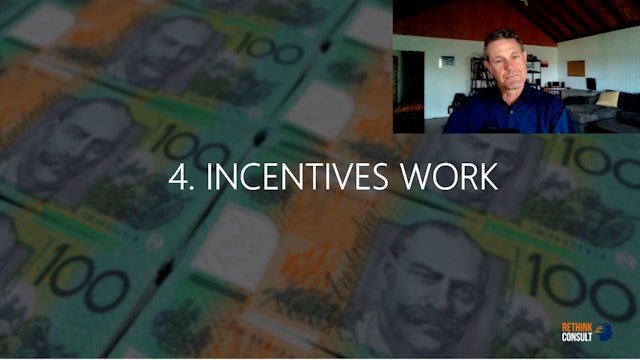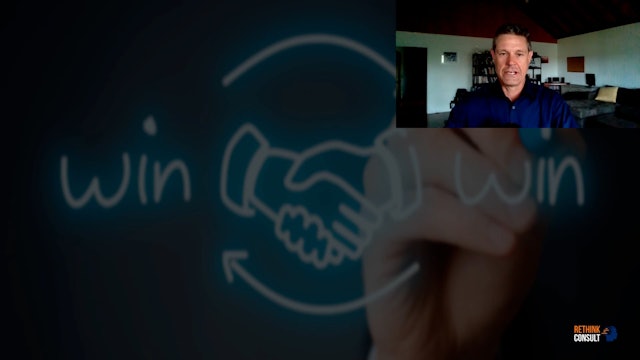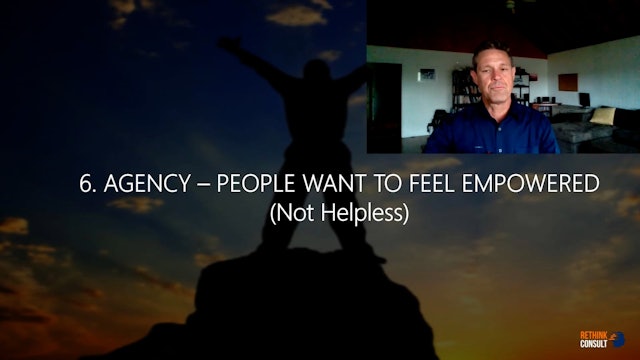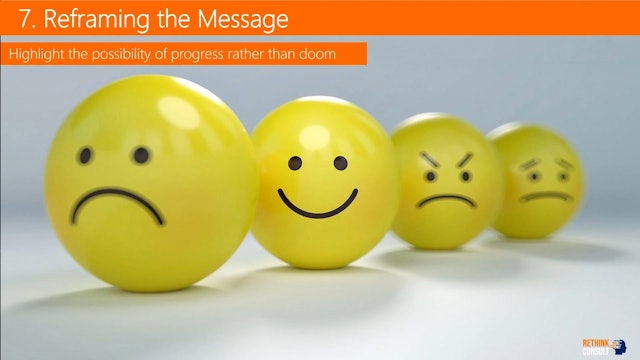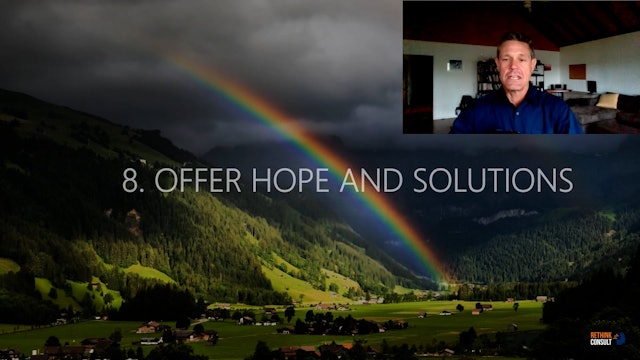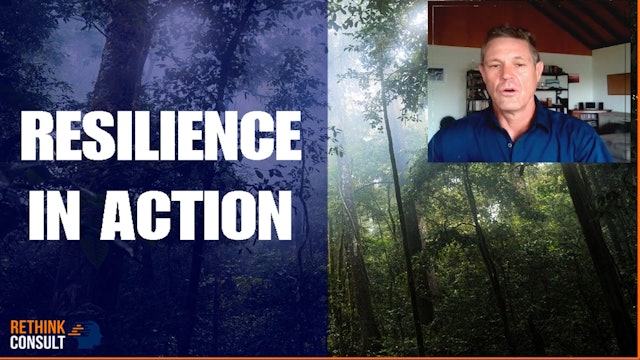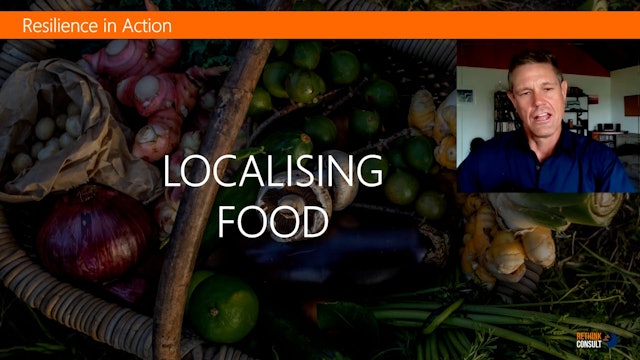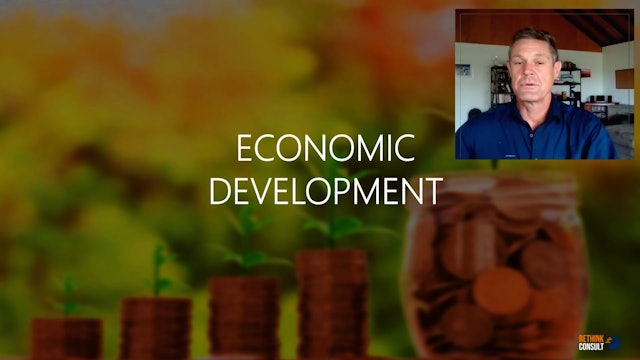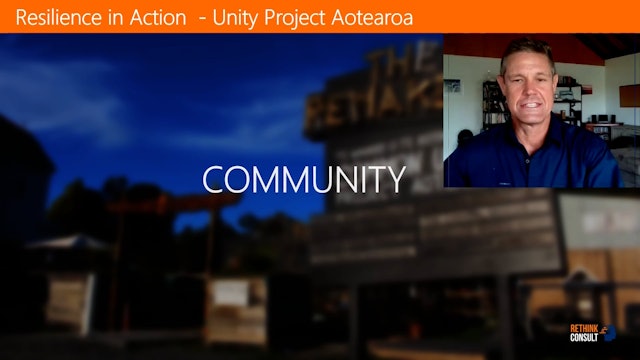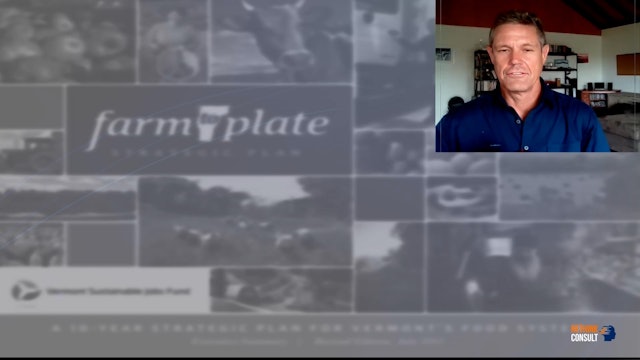Shifting the Paradigm Regenerative Practices
These workshop modules benefit individuals and organisations wanting to build resilient communities, businesses and organisations.
-
Resilient Thinking 5
13m
We’re all constrained by time, so we make shortcuts when looking at information and data to make our lives easier. Without the ability to act fast in the face of uncertainty, we surely would have perished as a species long ago.
-
Resilient Thinking 8
11m
This episode examines the third reason for inertia. As humans we often perceive risks asymmetrically, that is, we often apportion more weight to risks that may not warrant concern and less weight to those things are potentially life threatening.
-
Resilient Thinking 9
11m
To manage risks, we must be aware and alert to being manipulated by media, public relations and vested interests vying for our attention and money. The media, corporations and vested interests play an important role in shaping narratives and managing public opinion, not always in the best interes...
-
A Reality Check 3
12m
For most of us we have almost no awareness as to the influence crude oil plays within our lives. Crude oil and its benefits cut across every aspect of business, community, government and society in general. It is important to understand how embedded oil is within our modern economy and understand...
-
A Reality Check 4
10m
The connection between energy and the economy is highly correlated, yet most economists fail to mention the importance of energy within economic systems. We will have a quick look at how energy has shaped our modern civilisation so we are better prepared for the future.
-
A Reality Check 7
18m
In this episode we examine linear and non-linear patterns. We also look at some of the possible impacts and drivers for a changing environment and some of the current trends we are seeing play out.
-
Resilient Mindset 4
8m 22s
Response refers to the ability to mobilize quickly in the face of crises.
This component of resilience assesses whether an organization has adequate methods for gathering relevant information from all parts of associated systems and communicating the relevant data and information to others, -
Resilient Mindset 5
14m
Recovery and bounce is possibly the most important aspect of resilience and the most action orientated.
-
Resilience in Action 4
12m
Let's have a look at some projects that have a focus on bringing communities together and upskilling people to create positive change.
-
Resilience in Action 5
17m
Food production and agriculture is crucial to our health, way of life and overall wellbeing. Hence, it is going to be increasingly more important as we move away from highly intensive and industrial food systems.
